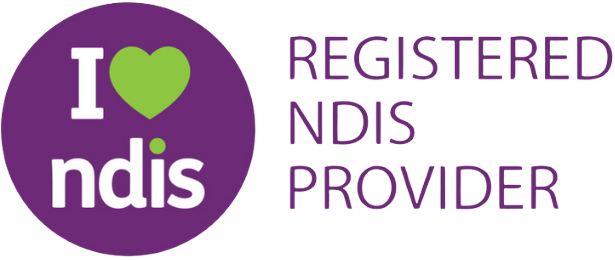One of the core goals of the NDIS is to support participants in living as independently as possible. For many, this means having the right supports in place to manage daily activities, access the community, and maintain a home. So how does Support Coordination help participants achieve independent living?
Building Capacity for Daily Living
A support coordinator helps you develop the skills you need to live independently. Whether it’s budgeting for household expenses, planning meals, or organising transportation to social activities, your support coordinator will assist in developing a support plan that promotes independence in everyday tasks.
Finding Suitable Housing
For those working toward independent living, housing is a crucial part of the equation. A support coordinator can help you find suitable living arrangements, from shared housing to Supported Independent Living (SIL). They’ll also ensure your NDIS plan includes the necessary supports to make this transition as smooth as possible.
Connecting You with Community Supports
Independent living goes beyond just managing your home; it’s about being engaged in your community. A support coordinator will help you connect with local services and activities that enhance your social participation and improve your overall well-being.
Empowering Decision-Making
Support coordination is about giving you the confidence and skills to make decisions about your own life. From choosing service providers to managing your budget, your support coordinator works with you to ensure you’re making informed choices that lead to greater independence.
Conclusion
Support Coordination plays a pivotal role in helping participants achieve and maintain independent living. With the right supports in place, you can confidently take control of your daily life and live on your terms.




